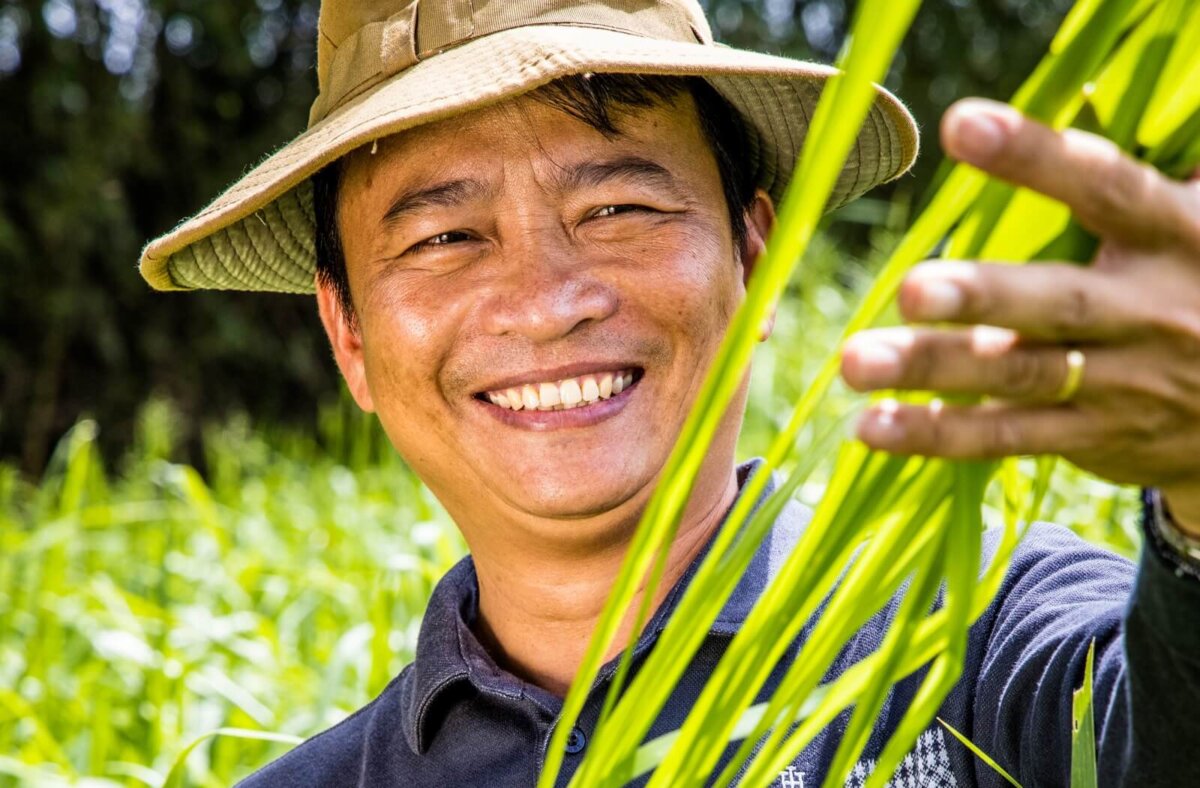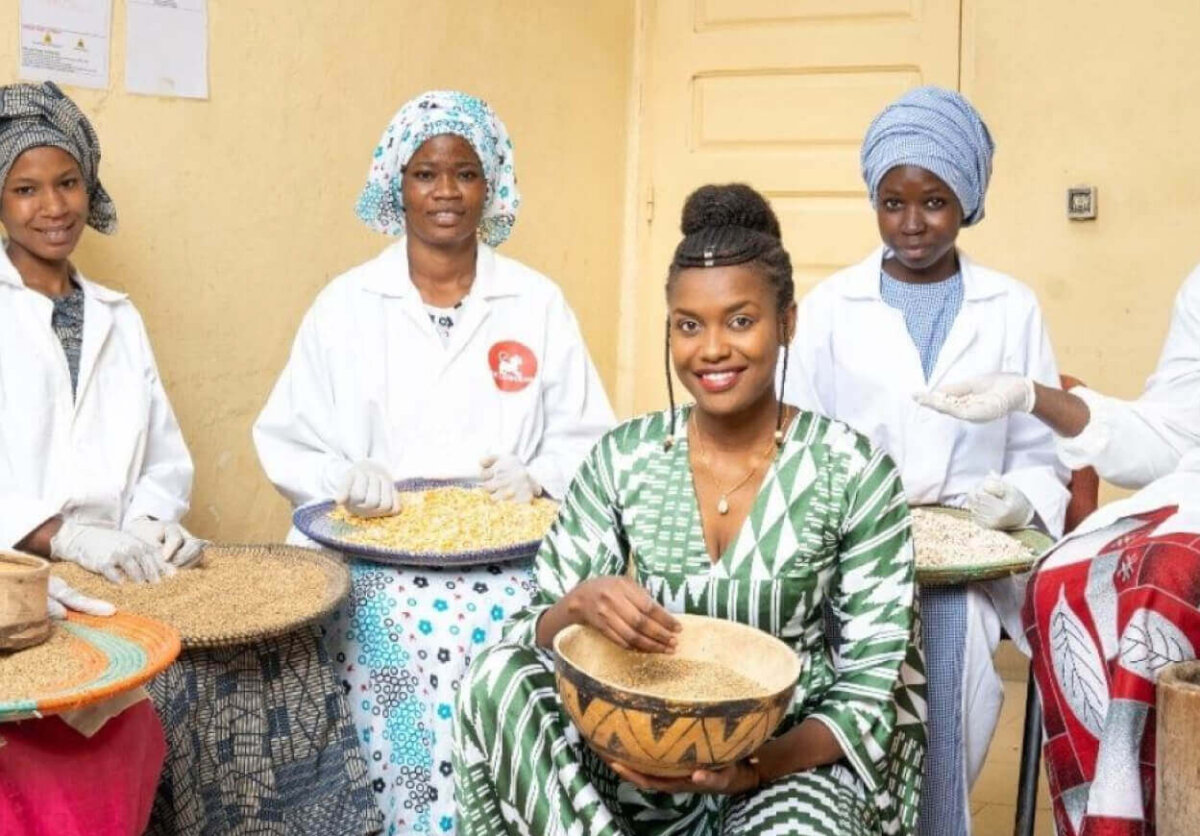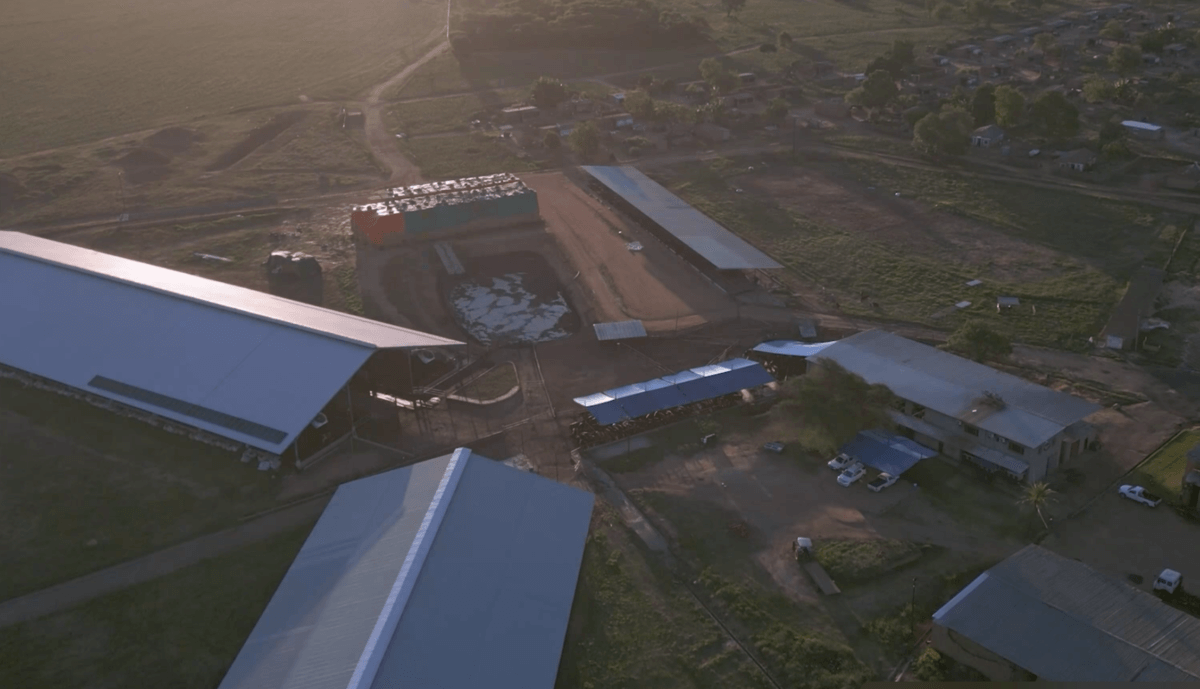- Projects
- Pioneering sustainable waste management in Zimbabwe
Pioneering sustainable waste management in Zimbabwe

WASTiNNOVA Africa, based in Harare, Zimbabwe, is a leading waste management company dedicated to providing solutions for hospital and laboratory waste. Collaborating with PUM, they have optimised their waste collection and disposal processes, significantly enhancing operational efficiency. Through innovative approach, WASTiNNOVA promotes community health and environmental sustainability .
WASTiNNOVA Africa is a waste management company based in Harare, Zimbabwe, primarily focused on providing sustainable solutions for biomedical waste from healthcare facilities. The company began in 2017 by collecting medical waste from small medical facilities and disposing of it at the Parirenyatwa Hospital’s incinerator. Over time, WASTiNNOVA expanded its services to include comprehensive solutions, such as waste collection, safe disposal, and recycling.
WASTiNNOVA has adapted its business model to meet the challenges posed by the COVID-19 pandemic. The increased demand for medical waste disposal has significantly boosted their client base and operational scale. The company now serves over 100 healthcare facilities and handles around 10,000 kilograms of medical waste.
Founder and Executive Director Stuart Nyakatswau is a true changemaker, focusing on advancing health initiatives as a pathway to sustainable community development. His ambition is to ensure a green environment where children and adults can maintain a healthy lifestyle.




Optimising medical waste collection processes
WASTiNNOVA approached PUM to review their current waste management processes and optimise routes for waste collection, resulting in more efficient and sustainable waste management. They sought advice on best practices for the collection and transportation of medical waste, and were matched with PUM expert Ton van der Giessen. An analysis of the current situation was conducted to better understand the possibilities for hospital waste collection and treatment. This included examining the existing formal and informal collection systems for hospital waste; treatment facilities at the city, region, and national levels; current costs for collection and alternatives, including financial flows; logistical and permit barriers; and a problem analysis of the current situation.
Based on the information gathered, options for a marketing approach to improve collection and treatment of hospital waste were discussed, leading to a strategic plan for the coming year. This plan details the requirements needed to optimise the success of the chosen strategies.
Making money from plastic waste
WASTiNNOVA also collects other types of waste, including industrial, school and residential waste. During his visit, Ton examined the plastic waste streams for improvements in marketing, sales, and logistics. He comments: “While driving around Harare, I spotted new opportunities for waste collection and recycling activities. Plastic is literally lying on the streets, and a large portion of it can be recycled effectively. We developed a model where the local population can offer plastic in specially established shops. The selling prices for recycled material are high and using these materials could reduce the necessity to import products. It is now up to entrepreneur Stuart Nyakatswau to take it further. The fact that he is planning to visit the Netherlands in October on his own account highlights his enthusiasm. He is definitely eager to learn and to achieve his ambition for sustainable waste solutions, which will positively affect the community.”
Interested in this project? Get in touch with
Janeth Kateya
Representative Zimbabwe, Harare






